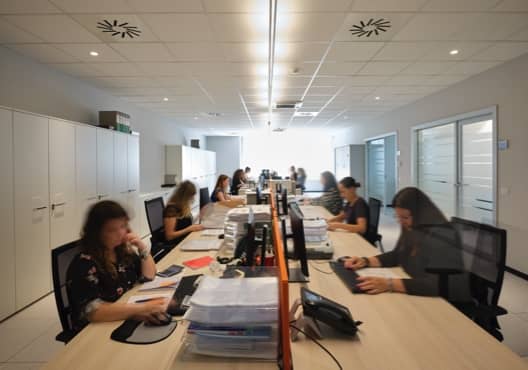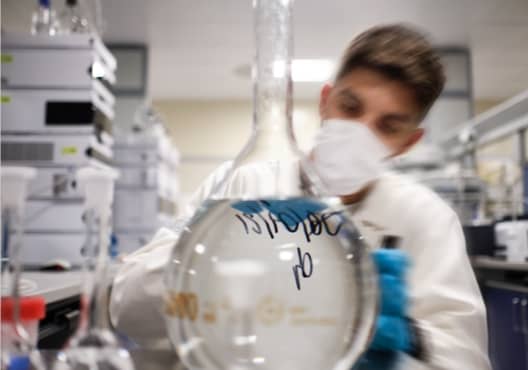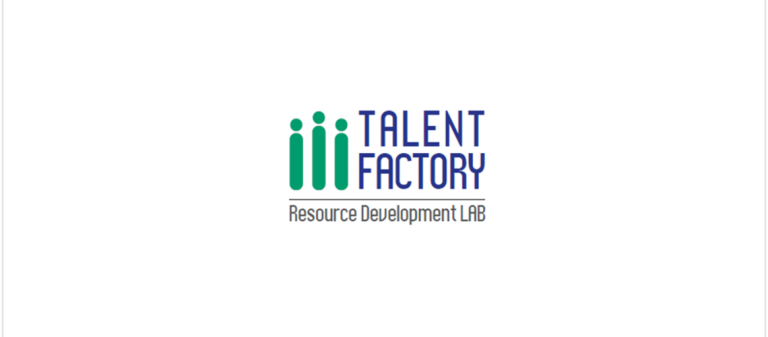
© 2024 FineFoods
Fine foods for future
Fine Foods for Future
Fine Foods believes in a fair and sustainable future and works to create long-term value for the benefit of its stakeholders, contributing to the development and well-being of the communities in which it operates.
Sustainability strategy
Our commitment to sustainability has deep roots in the organisation's operational functioning.
Through environmental and social certifications and awards, Fine Foods has proven to be a strategic and reliable partner based on its financial and environmental, social, and corporate governance criteria.
Based on this vision, Fine Foods amended its Articles of Association to become a Benefit Corporation in April 2021. This decision is a formal commitment to benefit purposes and operating responsibly, sustainably and transparently towards people, communities, regions and the environment, cultural and social assets and activities, bodies and associations and other stakeholders.
In addition, in November 2021 Fine Foods joined the UN Global Compact. This international organisation invites companies worldwide to respect and promote ten universal principles on human rights, labour standards, environmental protection and the fight against corruption. By embracing the Global Compact principles, Fine Foods commits to the Sustainable Development Goals (SDGs) of the United Nations 2030 Agenda: Good Health and Wll-being; Quality Education; Gender Equality; Affordable and Clean Energy; Decent Work and Economic Growth; Sustainable Cities and Communities; Responsible Consumption and Production; Life on Land; Peace, Justice and Strong Institutions; Partnerships for the Goals.
On this website and the Sustainability Report, we outline our future actions and projects to strengthen our strategy to support the 10 Global Compact principles and 11 of the 17 Sustainable Development Goals (SDGs) of the United Nations 2030 Agenda.
Our strategy starts from the Materiality Analysis. This is a process where we involved our management and major stakeholders in identifying 19 ESG material topics, i.e. the main areas our organisation impacts or which impact our organisation.
These topics have been grouped into six macro-areas to distinguish the areas on which each issue manifests its most significant impact: Ethics and Governance, People, Environment, Sustainable Products, Supply Chain, Land Development. These are the impact macro-areas that constitute the six pillars of the Fine Foods Group Sustainability strategy.
Through environmental and social certifications and awards, Fine Foods has proven to be a strategic and reliable partner based on its financial and environmental, social, and corporate governance criteria.
Based on this vision, Fine Foods amended its Articles of Association to become a Benefit Corporation in April 2021. This decision is a formal commitment to benefit purposes and operating responsibly, sustainably and transparently towards people, communities, regions and the environment, cultural and social assets and activities, bodies and associations and other stakeholders.
In addition, in November 2021 Fine Foods joined the UN Global Compact. This international organisation invites companies worldwide to respect and promote ten universal principles on human rights, labour standards, environmental protection and the fight against corruption. By embracing the Global Compact principles, Fine Foods commits to the Sustainable Development Goals (SDGs) of the United Nations 2030 Agenda: Good Health and Wll-being; Quality Education; Gender Equality; Affordable and Clean Energy; Decent Work and Economic Growth; Sustainable Cities and Communities; Responsible Consumption and Production; Life on Land; Peace, Justice and Strong Institutions; Partnerships for the Goals.
On this website and the Sustainability Report, we outline our future actions and projects to strengthen our strategy to support the 10 Global Compact principles and 11 of the 17 Sustainable Development Goals (SDGs) of the United Nations 2030 Agenda.
Our strategy starts from the Materiality Analysis. This is a process where we involved our management and major stakeholders in identifying 19 ESG material topics, i.e. the main areas our organisation impacts or which impact our organisation.
These topics have been grouped into six macro-areas to distinguish the areas on which each issue manifests its most significant impact: Ethics and Governance, People, Environment, Sustainable Products, Supply Chain, Land Development. These are the impact macro-areas that constitute the six pillars of the Fine Foods Group Sustainability strategy.





















